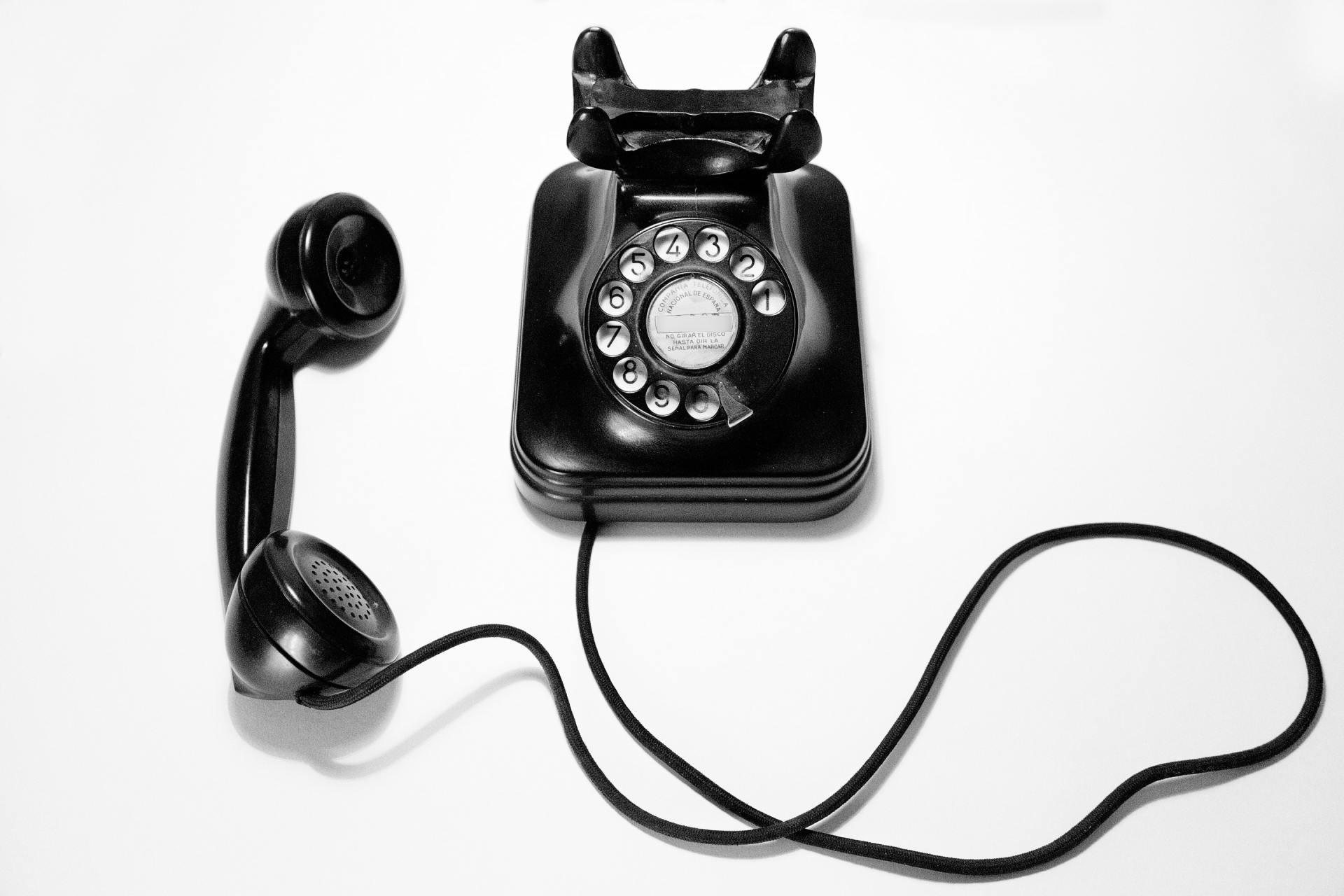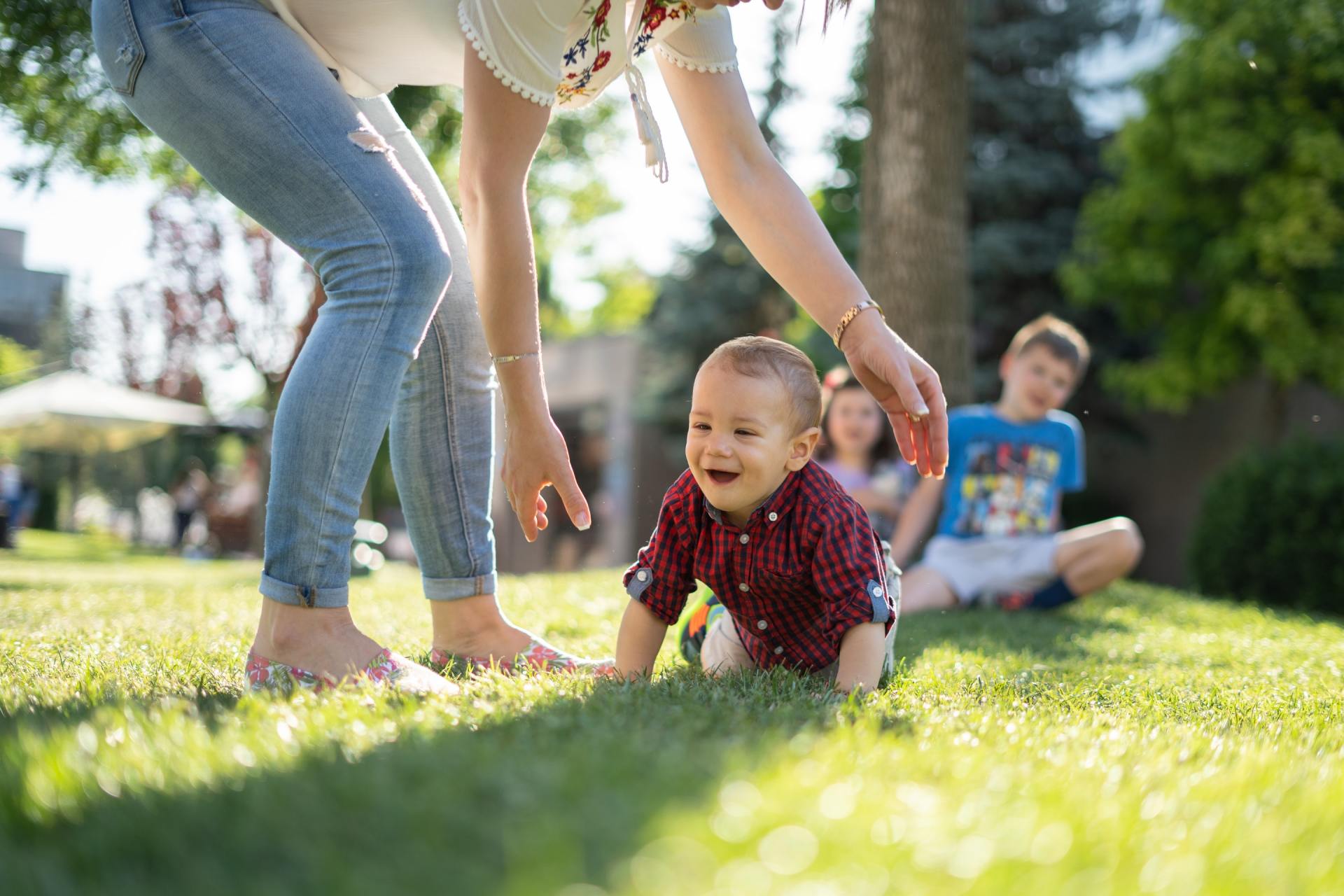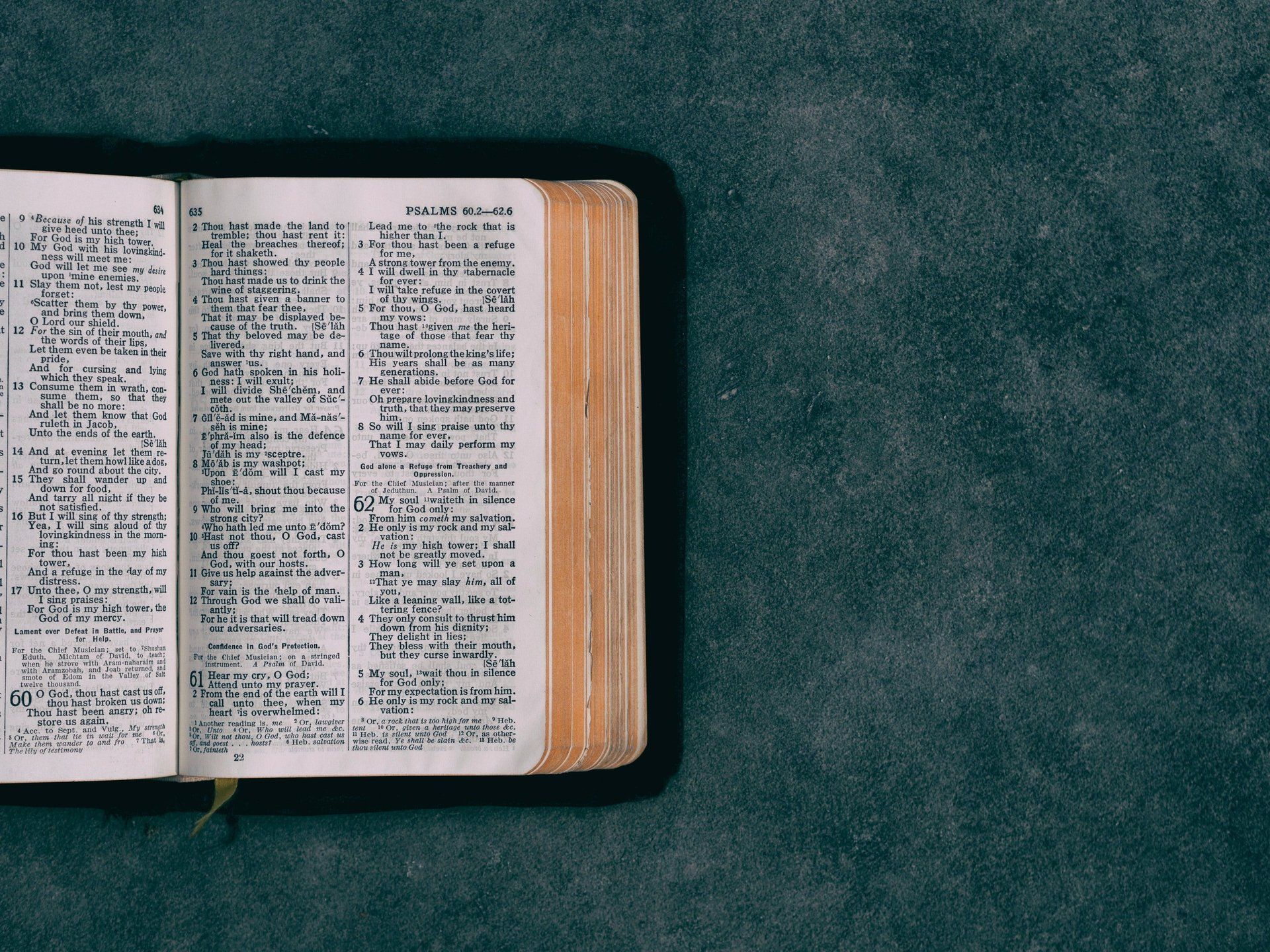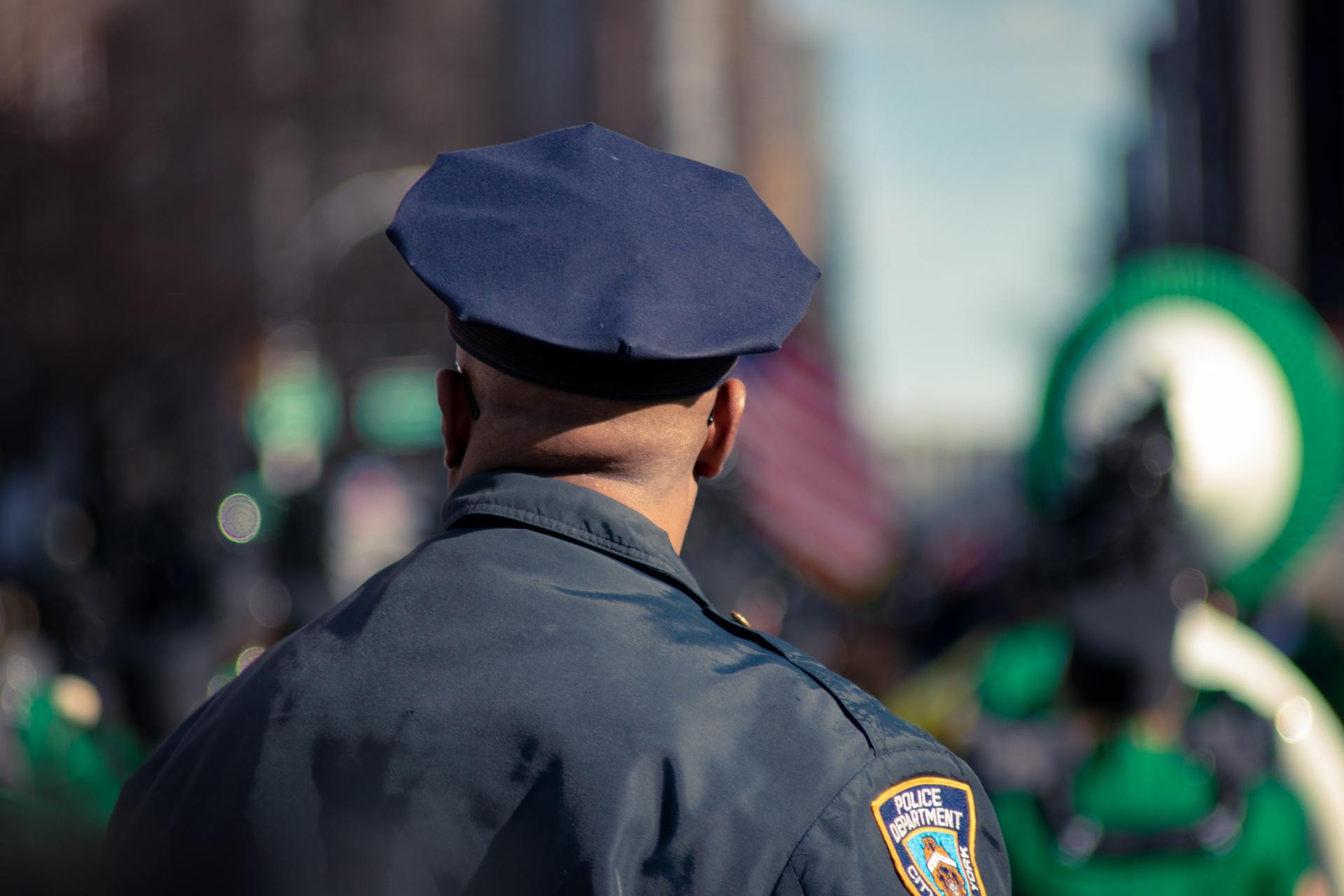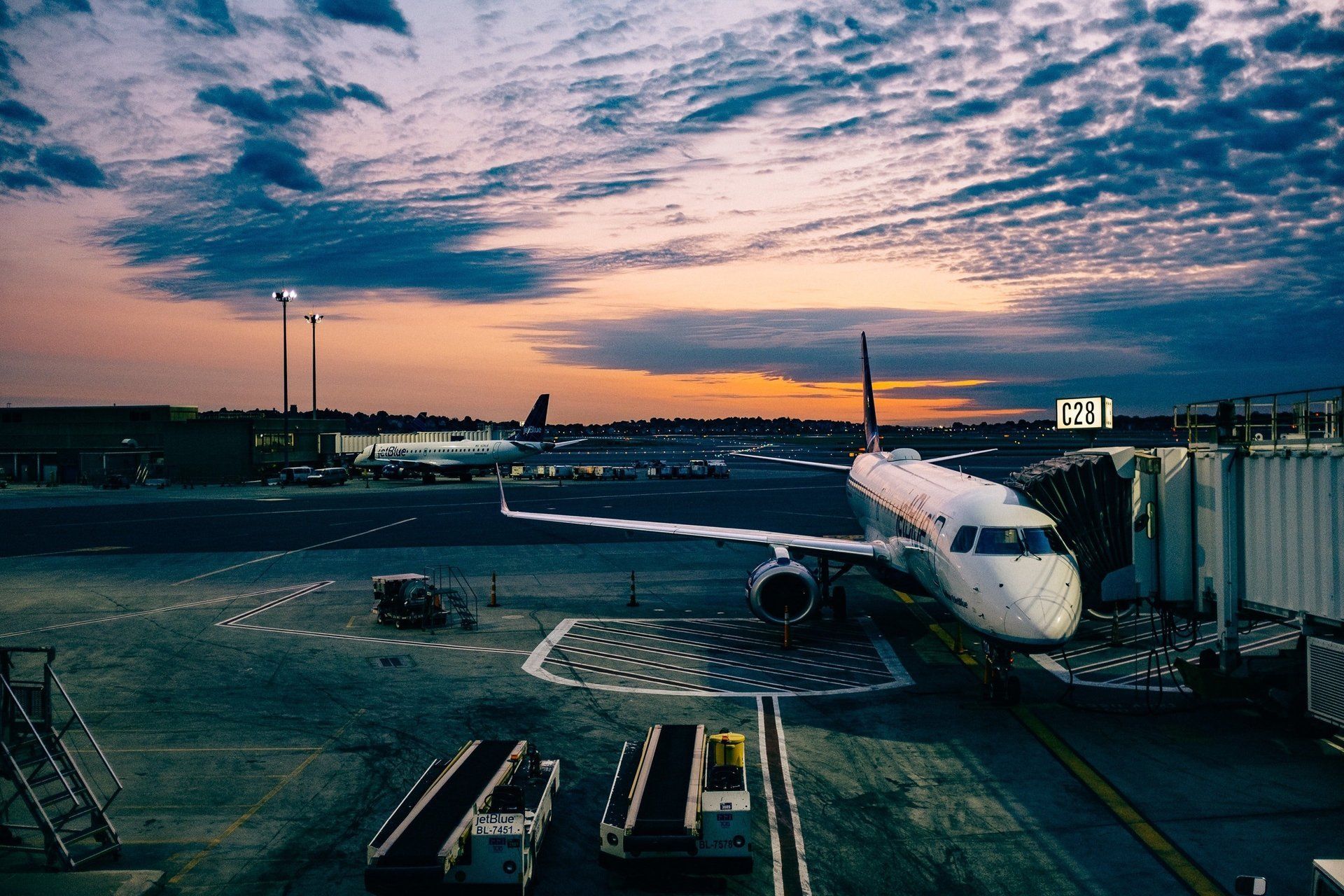Inevitably, every relationship will hit a bump in the road. For some, it is a minor altercation resulting in repairable damage. Our trust in the person may suffer in the short term, but it is soon restored. Some of the couples who present to my office have experienced a major incident. A betrayal can be like a wrecking ball that smashes to pieces any trust. The injured partner questions every belief prior to the incident. They feel disorientated, confused, and have little to no hope for the relationship.
The emotional injury requires care and time to heal. If the relationship is to survive, trust needs to be rebuilt. Instead of assumed trust, the relationship now relies on earned trust. This requires total transparency and accountability. It is normal for the injured partner to be hyper-vigilant, becoming anxious if her partner is a few minutes late home or is delayed in responding to a text. Some couples give up at this point because the involved partner feels that the injured partner will never trust them again.
Recovering from a betrayal is similar to the post-traumatic stress associated with a car accident. Once we are well enough to drive, we get behind the wheel, and our trust tank is running on empty. We don’t trust other drivers to keep to their lane, and our driving can be erratic as a result. As we persist in driving and witnessing other drivers doing the right thing, our anxiety decreases, and our confidence is re-established.
Recovery from betrayal is possible if the couple is committed to the process. It requires from the involved partner remorse, patience, openness and a willingness to sit with their partner’s pain. The injured partner needs to give themself time to heal, surround themselves with those who will support their decisions and reassure themselves that they will make a full recovery.
Linda Gray
linda@relationshipsanctuary.com.au
0401 517 243
MORE SCENIC NEWS
-
A NEW CHAPTER FOR WOLVES BASKETBALL
Mar 28, 2024ButtonAs the sun sets on an incredible experience, it's time for me, Adam Chanter, to say farewell as the Pre...
-
COMMUNITY CAMERA ALLIANCE – YOUR CHANCE TO HELP
Mar 28, 2024ButtonIt's essential for community members to remain vigilant and take steps to safeguard their properties and vehicle...
-
GRAND OPTIONS CATER TO MOST NEEDS AND TASTES
Mar 28, 2024ButtonFor weddings, services can be held in The Old Church, which stands as a proud member of architecturally sig...
-
GALLERY’S $30,000 MAJOR ART AWARD RETURNS
Mar 28, 2024ButtonThe award, named after the sacred mountain which the Gallery overlooks, is open to artists living across the...
-
KERRI: AN HONOUR TO FILL THE ROLE FOR DIVISION 2
Mar 28, 2024ButtonDuring the pre-poll part of the campaign, I was very grateful for the opportunity to be able to meet an...
-
ANNE HOITINK – APRIL 2, 1945 – MARCH 15, 2024
Mar 28, 2024ButtonMigrated to Australia on 29 November 1952, aged 7 years. Going directly to the suburb of Reid in Canber...
-
GREAT SUCCESS FOR LITTLE ATHLETES
Mar 28, 2024ButtonRuby, Lily, Talia, Torah, Hugo, Leiawyn, Aric, Dean, Mitchell, Harvey and Noa; you all should be so proud ...
-
DO HOP IN FOR A NEW MONTE LUPO EXHIBITION
Mar 28, 2024ButtonMonte Lupo was established by Multicap in 1991 to provide meaningful employment to people living with di...
-
THIS TIME, IT REALLY DOES MATTER – HAVE YOUR SAY
Mar 14, 2024ButtonPaul Williams, a political scientist from Griffith University, offers insights into the “candidate scarcity...
-
BREACH OF CODE: RULING ON MAYOR CHRISTENSEN RAISES MORE VOTER CONCERNS ON ELECTION EVE
Mar 14, 2024ButtonAdditionally, Christensen is to bear his legal costs, with a warning that any future infractions will be classifie...
LOCAL BUSINESS
COLUMNS
-
Beauty & Wellness
ButtonWriter: Rebecca Mander - Naturally Cos
-
Community Care
ButtonWriter: Geoff Marshall
-
Embrace
ButtonWriter: Jaap Vogel
-
Food for Thought
ButtonWriter: Dylan Gittoes
-
Hooked on Books
ButtonWriter: Friends of TM Library
-
Living with Dogs
ButtonWriter: Pam Brandis (Dip. Canine Prac.)
-
Nature Notes
ButtonWriter: Nadia O’Carroll
-
Pastor Kim
ButtonWriter: Pastor Kim Dale
-
Physio Talk
ButtonWriter: Neil Bell (Tamborine Mountain Physique)
-
Police News
ButtonWriter: Sgt Mark Shields
Officer in Charge
North Tamborine Police
-
Politics
ButtonWriter: Local Councillors and Representatives
-
Relationships
ButtonWriter: Linda Gray
-
The Mtn Midwife
ButtonWriter: Bree Lowing (Registered Midwife)
-
Travelling Places
ButtonWriter: Travelling Places Tamborine Mtn
-
Wine chat
ButtonWriter: Imogen Mulcahy
-
Yoga Under the Bodhi Tree
ButtonWriter: Margot Wagner
Your Local Paper
to read, keep & share

Your Local Paper
to read, keep & share
CONTACT
PO Box 118, North Tamborine Qld 4272
Phone: 0407 671 286
Email:
news@tmnews.com.au
ads@tmnews.com.au
Design by BjornSchmal.com


